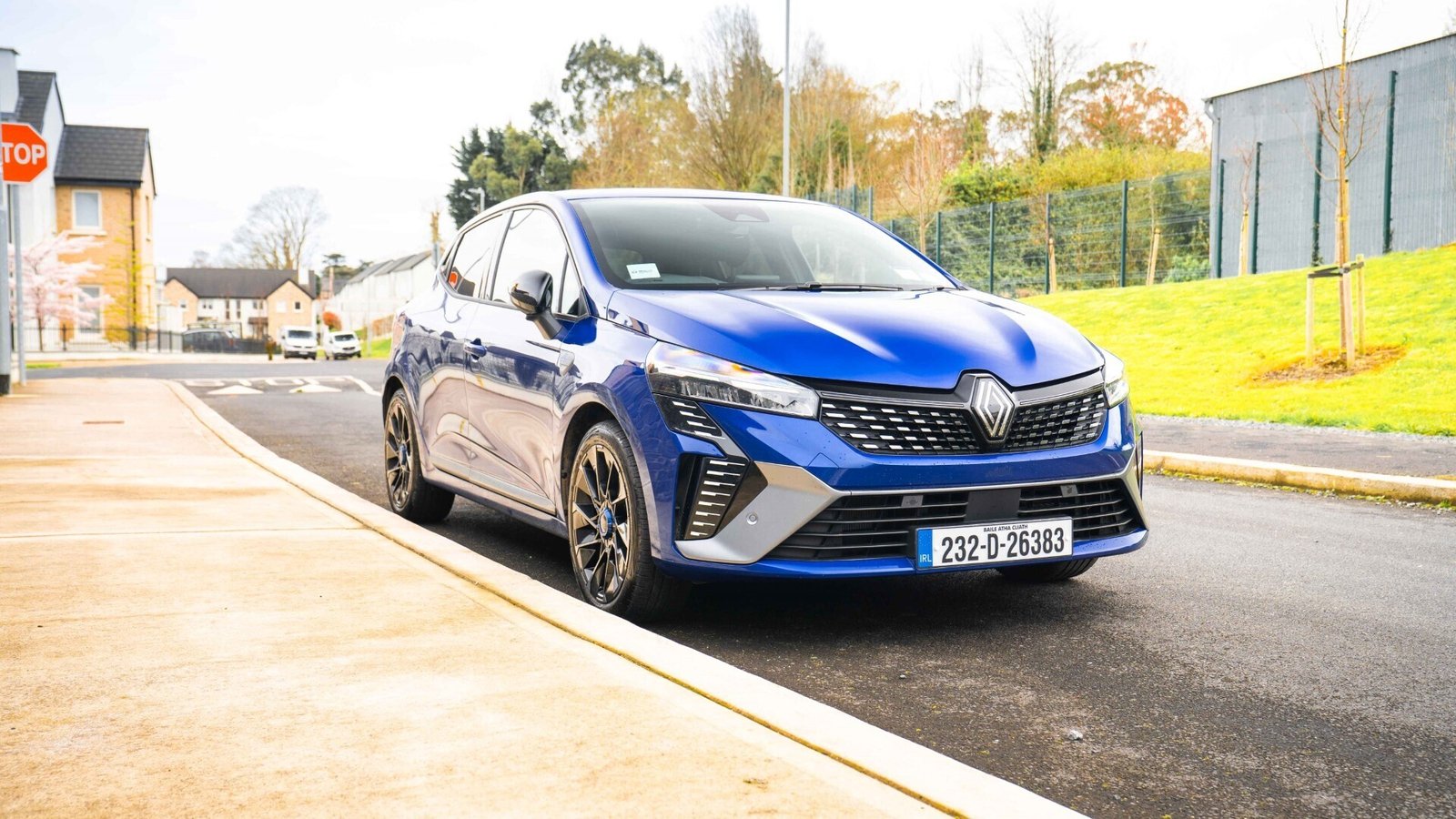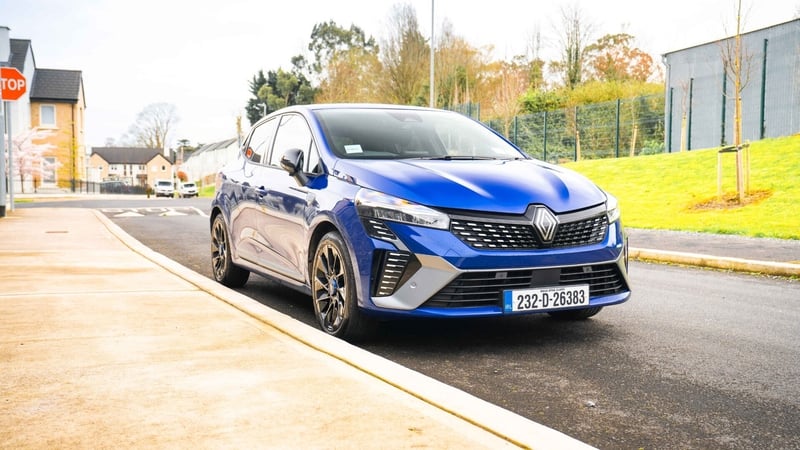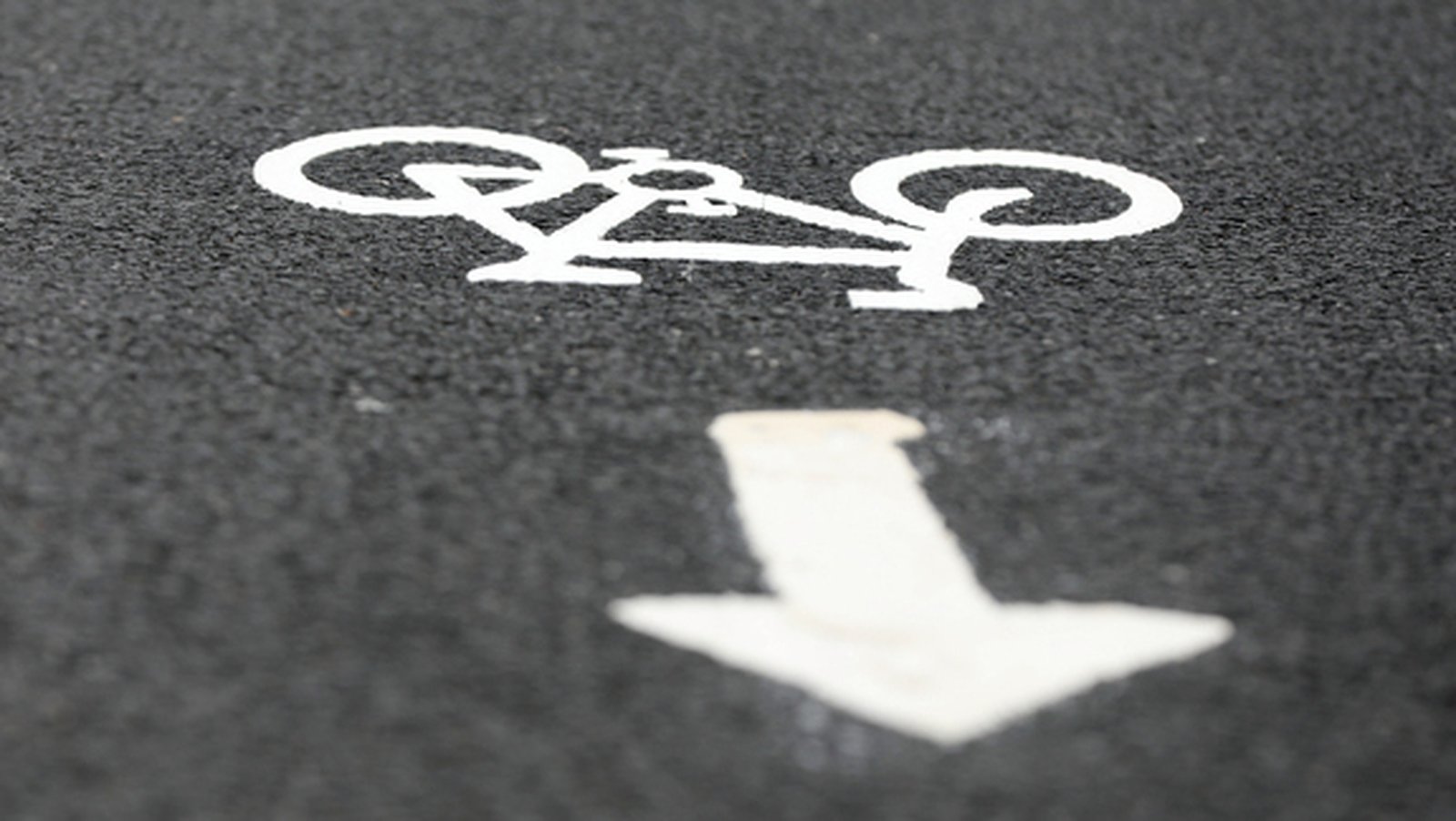Why are hybrid cars outselling electric cars in Ireland?


Battery electric car sales have stalled in Ireland and elsewhere in 2024, but overall car sales have accelerated with increases in the sales of hybrid electric vehicles, plug-in hybrid electric vehicles and conventional petrol and diesel vehicles. Data from the Society of the Irish Motor Industry (SIMI) showed total car registrations up 5.95% from January to April 2024 compared to the same period in 2023, but battery electric car sales are down by 22.72%. The three main energy sources are petrol, diesel and plug-in, with overlaps of the three created by plug-in hybrids.
So why are hybrids outselling electric cars? After all, that’s not the Irish Government’s plan! Let’s have a look at the benefits of hybrids and plug-in hybrids and then investigate what is holding back electric sales.
What are the advantages of hybrid cars?
Both hybrids and plug-in hybrids have an engine and an electric battery which work together to give a smooth drive whilst lowering emissions or maximising fuel economy. The hybrid burns fuel in the engine just like petrol or diesel cars and recharges the high-voltage battery from the engine using a generator. Thus, it’s fuelled by petrol or diesel only and uses the battery to improve the drive and reduce emissions and fuel consumption. The term “self charging” means that the battery is charged by running the engine as a generator.
We need your consent to load this rte-player contentWe use rte-player to manage extra content that can set cookies on your device and collect data about your activity. Please review their details and accept them to load the content.Manage Preferences
From RTÉ Radio 1’s Today with Claire Byrne, motoring journalist Michael Sheridan on the advantages and disadvantages of hybrid cars versus electric cars
Hybrids are particularly attractive for stop-and-go urban driving as the use of the engine is minimized to reduce emissions and fuel useage and also enable limited zero-emissions driving. This means that hybrids tends to have a better fuel economy than the equivalent petrol car and lower toxic emissions than the equivalent diesel car. Demand for diesel hybrids and plug-in hybrids is low as the costs and emissions are not as favourable for diesel as they are for petrol.
While the high-voltage battery in the hybrid is relatively small at 1 to 2 kWh and cannot be plugged in, the high-voltage battery in the plug-in hybrid is relatively large at 10-20 kWh and can be plugged into the electrical mains. This battery can often provide 50km plus of electric-only driving which is attractive as the typical daily commute is about 50km so a plug-in hybrid can, in theory, complete the daily drive with very little use of petrol.
The key advantage is there’s no range anxiety. Hybrids can simply be refuelled at the petrol station and several hundred kilometres of range added in several minutes. The downside compared to a pure electric car is the use of petrol or diesel and the emissions from the exhaust pipe.
We need your consent to load this rte-player contentWe use rte-player to manage extra content that can set cookies on your device and collect data about your activity. Please review their details and accept them to load the content.Manage Preferences
From RTÉ Radio 1’s Morning Ireland, RTÉ Environment Correspondent George Lee on a new report which finds electric cars are failing to win over the mass market
Hybrids feature lithium-ion (Li-ion) batteries, but in a far smaller size than used in an electric car. This reduces the use of lithium and other metals. The hybrid battery also has a longer lifespan (Toyota warranties go up to 15 years) as the engine can work with the battery to maximize the life of the battery.
In comparison, electric cars have very smooth drives and accelerations and emit zero emissions at point of use. They must be plugged in to refuel and can be charged by cheap night-rate electricity or by daytime solar power from your own roof. For these reasons, they are subsidised and their prices have dropped so they remain competitive with hybrids.
5 big factors in the hybrid vs electric debate
Price
In the past 18 months, the price of the Tesla Model 3 Standard Range has dropped from €54,800 in December 2022 to €41,823 in December 2023 to €38,605 this month of May 2024, These price drops are unlikely to continue, but we are likely to see lower-priced models in the near future.
We need your consent to load this rte-player contentWe use rte-player to manage extra content that can set cookies on your device and collect data about your activity. Please review their details and accept them to load the content.Manage Preferences
From RTÉ Radio 1’s Morning Ireland, Prof Brian Caulfield from TCD analyses why electric car sales this year are lagging behind 2023’s figures
We are used to our cars depreciating the moment we buy them, maybe losing 10% of the value each year initially. However, the oversupply of EVs and the price war between Tesla, the Chinese and other manufacturers has had the unusual impact of causing sudden significant drops in the prices of new EVs with a domino effect on used cars.
These price drops have impacted the trade-in values of all electric cars and used car dealers in Ireland have been slow to take them in. The price cuts have made the finances very difficult for the likes of car rental company Hertz, who went all in on purchasing a very large number of Teslas and then lost their shirt when the car maker aggressively cut the price and customers were not renting in the desired volumes.
On the other hand, these price cuts can simply be seen as the market maturing and making an environmentally friendly product more accessible to the public. It’s a great time to be in the market for a new or used electric car.
We need your consent to load this rte-player contentWe use rte-player to manage extra content that can set cookies on your device and collect data about your activity. Please review their details and accept them to load the content.Manage Preferences
From RTÉ Radio 1’s Morning Ireland, financial analyst Susannah Streeter discusses the move by Tesla to cut prices on electric cars due to poor sales
The Tesla Model 3 Standard Range sells for €38,605, the Hyundai Kona BEV at €40,995, the VW ID.3 at €37,210, all not that far off the price range of hybrid vehicles such as the Hyundai Kona HEV at €35,795, the Toyota Corolla HEV at €35,255 or a petrol VW Golf at €34,300.
Per the AA, the price of a litre of petrol was about €1.80 in April 2024 (€1.00 of which is tax) so a hybrid vehicle with a fuel consumption of 5L per 100 km will get 20km per litre costing 9c per km. Night-time electricity rates can be as low as 10c/kWh so if you’re paying 10c/kWh from 2 to 4am and you are getting 5 km per kWh from your electic car, then each km is costing you 2c/km. Day-time rates of closer to 35c/kWh will cost you 7c/km.
If an electric vehicle costs €5,000 more than the hybrid and the difference in price of fuel is 7c/km, then you have to drive about 70,000 km (€5,000/€0.07/km) to make up the difference, which is almost five years for payback if you are a typical driver covering 15,000 km a year. The daytime rate resulting in 7c/km would mean you have to drive an unlikely 250,000 km (€5,000/€0.02/km) to make up the difference. Significant reductions in daytime electricity rates are unlikely as Ireland is now importing large amounts of electricity from the UK and data centres on this island are expanding and competing for electricity.
We need your consent to load this rte-player contentWe use rte-player to manage extra content that can set cookies on your device and collect data about your activity. Please review their details and accept them to load the content.Manage Preferences
From RTÉ Radio 1’s Today with Claire Byrne, RTÉ Business reporter Adam Maguire on the rise of Chinese electric vehicles on Irish roads
Competition
It’s just not Ford, Toyota and Volkswagen anymore with powerhouses from China like BYD, MG and Polestar now in the game. As with Japanese and Korean manufacturers before them, it’ll take time for these companies to develop supply, distribution and service operations in Ireland and to build brands and reputations.
In the meantime, the established players are having to cut prices on their new electric models. That’s a big problem because they are already losing money and have to sell more conventional vehicles to generate the profits to keep developing electric cars.
Additional considerations for manufacturers are geopolitics and countries protecting critical industries. Just this week, the US administration announced 100% tariffs on Chinese-made cars, while the EU is debating its policy with disagreements between member countries.
Battery life
This is a complex issue. The early 2011-2017 Nissan Leafs used a technology based on manganese, which was a very safe technology but did not have a long battery life so many owners faced expensive battery replacements. The newer Leafs from 2018 and all new cars from the past several years do not have this problem as they use the more energy dense and longer lasting high-nickel or high-iron batteries. Manufacturers today typically offer eight to 10 year warranties on their battery packs.
We need your consent to load this rte-player contentWe use rte-player to manage extra content that can set cookies on your device and collect data about your activity. Please review their details and accept them to load the content.Manage Preferences
From RTÉ Brainstorm, what’s going to happen to used electric car batteries?
But there is a technology risk with batteries. Many brilliant minds are slowly but surely improving all aspects of battery technology, including cost, performance, weight, volume, safety, range, and recycling. Change will happen and the value of today’s technologies will fall.
Charging infrastructure
This may not be a factor for many drivers, but it’s a real challenge for electric car owners living in apartments and urban streets as well as drivers with regular long commutes. Long drives around the country can be challenging for electric car drivers as the infrastructure remains problematic. Public charging has improved and is improving, but it’s a slow process. Fast chargers are talked about by many as a saviour, but regular use of fast chargers degrades the battery and reduces its lifetime. The best practice is to follow the manufacturer’s instructions and to use fast chargers sparingly.
Public perception
A big challenge for many drivers is that they simply cannot afford the car prices of close to €40,000. For others, the lifestyle changes of regular charging or having to think about range are unattractive or not possible. Others find Tesla boss and EV evangalist Elon Musk to be divisive or are not ready for technology risk. There are many more factors to be considered when investigating the slowdown in electric car sales and the rise of hybrids.
Follow RTÉ Brainstorm on WhatsApp and Instagram for more stories and updates
The views expressed here are those of the author and do not represent or reflect the views of RTÉ





